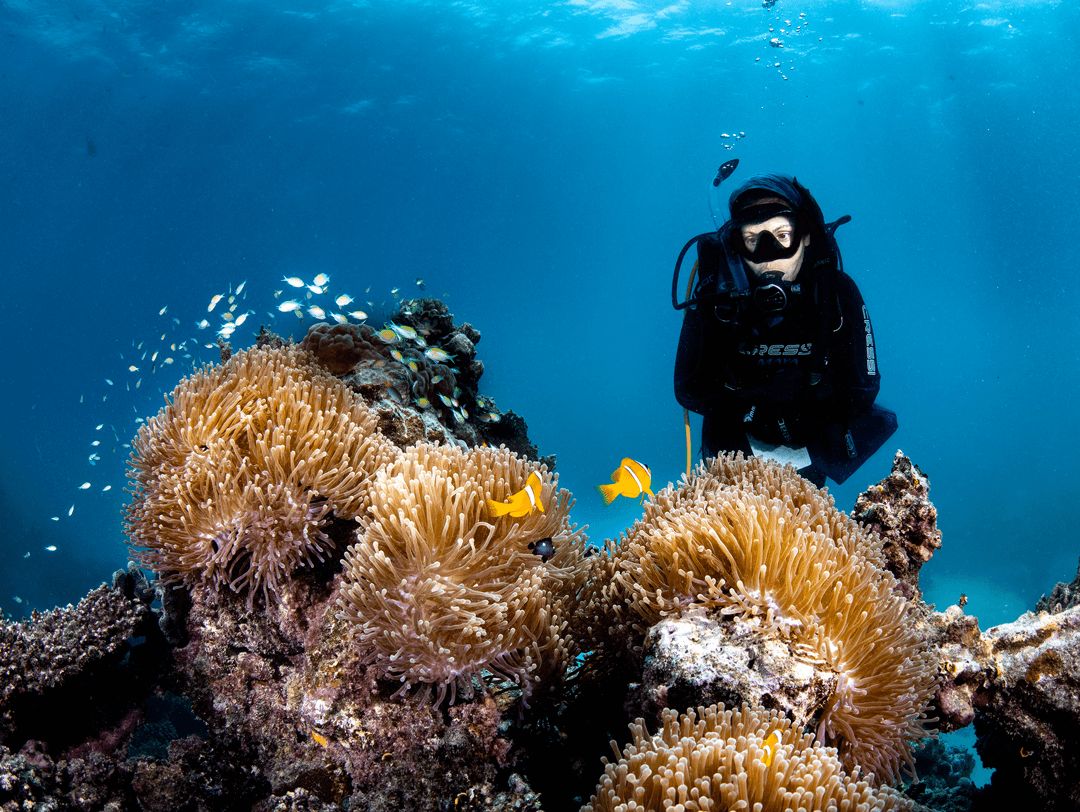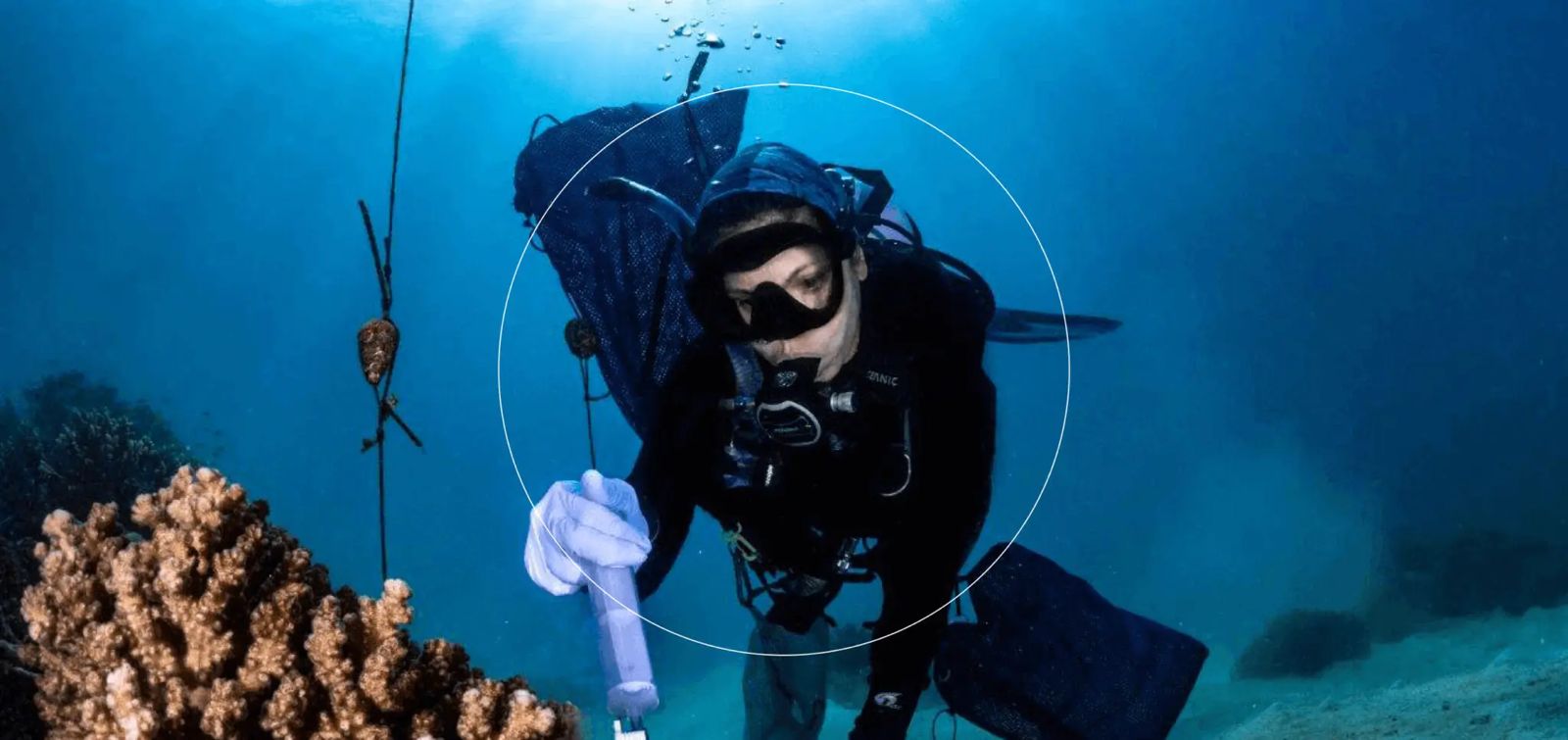KAUST researcher co-leads first global group to safeguard microbial diversity

A researcher from King Abdullah University of Science and Technology (KAUST) will help lead the first official global body to safeguard one of Earth’s smallest yet most vital life forms — microorganisms.
The new group, operating under the International Union for Conservation of Nature (IUCN), will be led by KAUST Professor Raquel Peixoto and Jack Gilbert of the University of California San Diego, and was formally announced on September 12 in Nature Microbiology.
Professor Peixoto said the Microbial Conservation Specialist Group will serve as a global safeguard for microbial biodiversity, exploring ecological disruption and the possible extinction of specific microbes — such as bacteria, fungi, and viruses — that are vital to ecosystems and human health.
This could include beneficial bacteria found in the complex microbiome of coral reefs, or key members of the human gut that face extinction due to industrial lifestyles.
“This initiative is a vital step in safeguarding life on our planet,” Peixoto said. “By uniting microbiology and conservation, we can conserve and unlock nature’s hidden resilience and design strategies to protect organisms and ecosystems under unprecedented stress.”

IUCN is the leading authority in environmental science and policy, helping to set conservation priorities across governments, non-governmental organizations, and international treaties.
The new group will assess extinction risks for microbial species, set conservation priorities, and establish criteria for a microorganism Red List, a global system used by the IUCN to classify the extinction risk of species.
The group will also assess how microbial innovation can support broader conservation goals. That includes using probiotics to strengthen coral reefs, restoring soil microbial diversity to boost crop resilience, and enhancing the health of ecosystems that support larger animals.
“At KAUST, we are proud to contribute to this global effort, advancing research that translates into real-world solutions for biodiversity and humanity, such as our pioneering work on the development and deployment of coral probiotics,” Peixoto said.
She said the group will gather ecologists, traditional knowledge experts, and conservation leaders to develop and advocate for conservation tools, strategies, and policies that explicitly integrate microbiology into global biodiversity governance.
The Microbial Conservation Specialist Group is supported by funding from the Gordon and Betty Moore Foundation, with administrative and financial backing from the International Society for Microbial Ecology, the American Society for Microbiology, and Applied Microbiology International.

